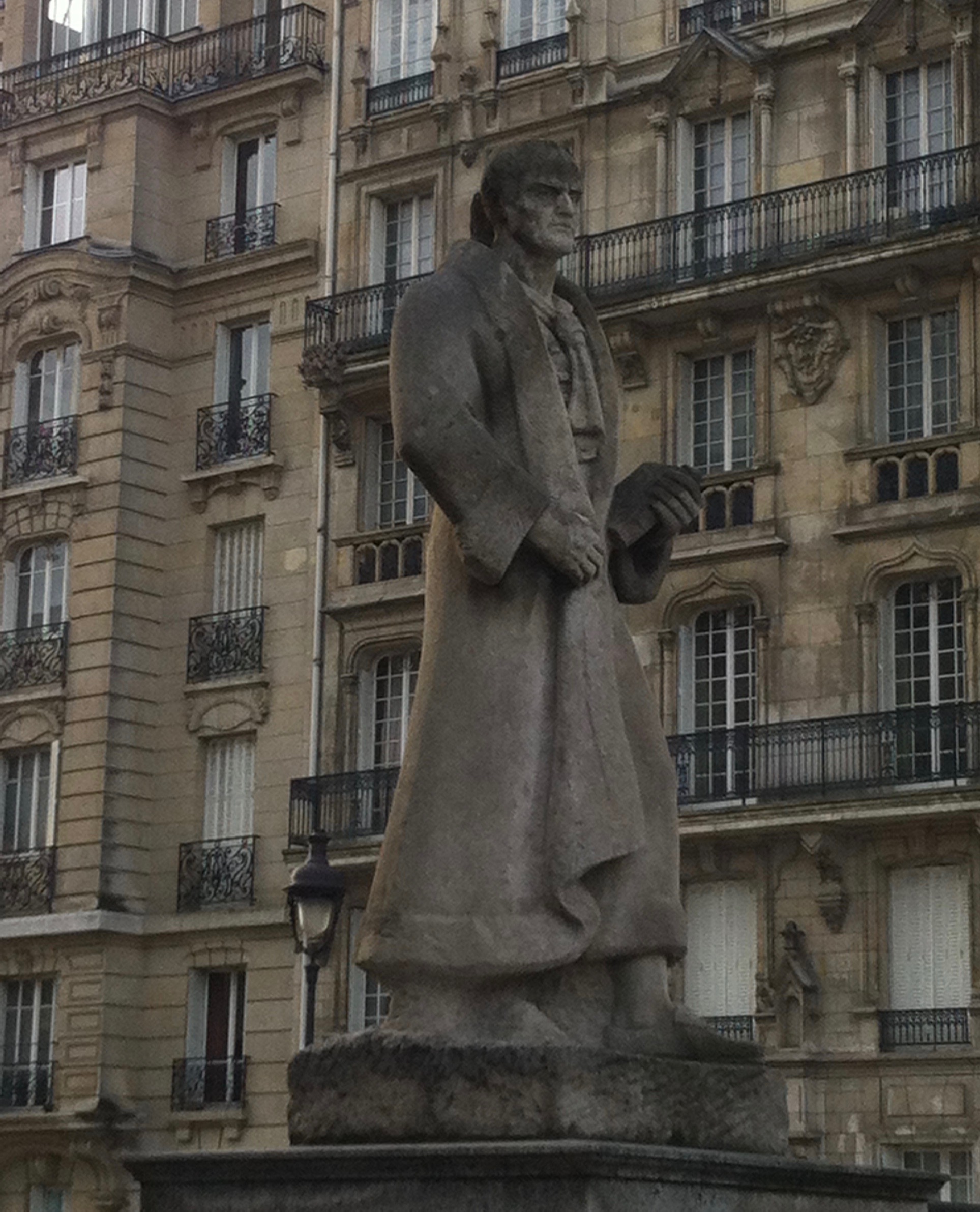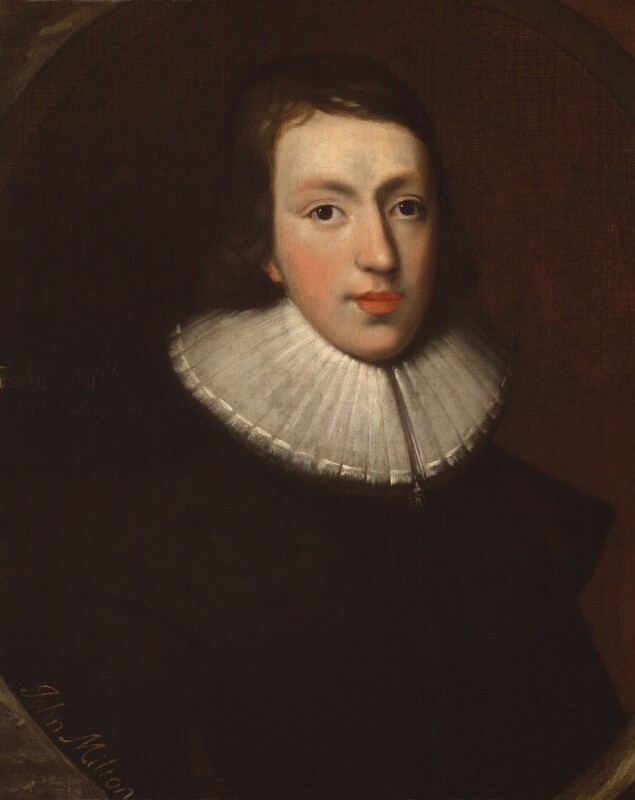The Scottish National Party recently brought the question of the Monarchy back onto the political agenda by voting at their 2017 party conference in favour of cutting public funding for the Royal Family. Delegates supported overwhelmingly a motion calling for the repeal of the Sovereign Grant Act of 2011. While the vote will not bring immediate political change, since Westminster retains control of the Sovereign Grant, the vote has drawn attention once again to the alleged republicanism at the heart of the SNP and the idea that an independent Scotland might choose to replace the Queen as head of state. Such suggestions always produce strong views on both sides, usually labelled 'republican' and 'monarchist'.
On the surface, at least, the distinction between republics and monarchies is a crucial feature of our modern political landscape. Yet the history of these two constitutional forms is far more complex than this simple dichotomy would suggest. Indeed, according to one historical definition, Britain is and has long been a republic, whereas on the basis of another neither France nor the United States of America is worthy of that term. Monarchists and republicans alike might, therefore, benefit from a deeper understanding of the history of these political concepts.
Bust of Cicero. I am grateful to Katie East for providing the image.
The concept of republican government, in both theory and practice, dates back at least to ancient Rome. It was explored in a number of Roman texts, not least those of Marcus Tullius Cicero who was both a politician and a political thinker. In his De re publica Cicero did not define a republic or commonwealth in opposition to kingship, but instead argued 'that a commonwealth (that is the concern of the people) then truly exists when its affairs are conducted well and justly, whether by a single king, or by a few aristocrats, or by the people as a whole'. (Cicero, On the Commonwealth, ed. James. E. G. Zetzel Cambridge, 1999, p. 59). The key distinction here, then, is between rule that serves the public interest and that which serves private interests. So, on Cicero's account, a monarchy, if properly organised and directed towards the public good, could be a kind of republic. That same idea was still being voiced as late as the mid-eighteenth century, when the Genevan-born political theorist Jean-Jacques Rousseau wrote in his Social Contract:
I therefore call Republic any State ruled by laws, whatever be the form of administration: for then the public interest alone governs, and the public thing counts for something. Every legitimate government is republican.
The accompanying footnote might appear self-contradictory, if Cicero's position is not borne in mind:
Statue of Jean-Jacques Rousseau outside the Pantheon in Paris. Image by Rachel Hammersley.
By this word I understand not only an Aristocracy or a Democracy, but in general any government guided by the general will, which is the law. To be legitimate, the Government must be not confused with the Sovereign, but be its minister. Then monarchy itself is a republic. (Jean-Jacques Rousseau, The Social Contract, ed. Victor Gourevitch, Cambridge, 1997, p. 67)
But while the Ciceronian understanding of a republic survived well into the eighteenth century, from the late fifteenth century onwards a second understanding was developing. This saw monarchy not as one form of republican government, but as its direct opposite. Several historians have recently traced the development of this tradition of republican thought, emphasising its debt to the writings of Italian Renaissance thinkers as well as to a tradition of Jewish Biblical scholarship that offered a distinctive take on the Israelites' plea to God in I Samuel 8 that they be given a king like other nations.
By the seventeenth and eighteenth centuries there were certainly those who saw republican government as requiring the destruction of monarchy. The English Civil War of the 1640s prompted some parliamentarians to attack not simply Charles I, or even just tyrants, but all kings. Marchamont Nedham was one of several figures who challenged the very distinction between kings and tyrants: 'Had they [the English] but once tasted the sweets of peace and liberty both together, they would soon be of the opinion of Herodotus and Demosthenes that there is no difference between king and tyrant and become as zealous as the ancient Romans were in defence of their freedom.' (Marchamont Nedham, The Case of the Commonwealth of England Stated, ed. Philip A. Knachel, Charlottesville, 1969, pp. 127-8). This view had practical import too. The 'Act Abolishing the Office of King', which was passed on 17 March 1649, declared the office of king to be 'unnecessary, burdensome, and dangerous to the liberty, safety, and public interest of the people' and the ensuing 'Act Declaring England to be a Commonwealth and Free State', which was passed in May 1649, insisted that this government was to be 'without any King or House of Lords'.
John Milton, by unknown artist, National Portrait Gallery, NPG4222. Reproduced under a creative commons license.
Yet even this does not present the full complexity of the concept, since those who agreed that republicanism was, by definition, anti-monarchical, could nevertheless disagree over precisely what institutional form should replace the office of king. Most significant was the distinction between those who insisted merely on the absence of a monarch, and those who outlawed any form of single-person rule. Thus a third definition of republic required that the government was not headed by a single figure, but by a group or council. As John Milton asserted in The Readie and Easy Way to Establish a Free Commonwealth: 'I doubt not but all ingenuous and knowing men will easily agree with me, that a free Commonwealth without single person or house of lords, is by far the best government, if it can be had.' (John Milton, The Readie and Easy Way, in Selected Prose, ed. C. A. Parties, Harmondsworth, p. 338). Milton's formulation ruled out both monarchy (as in the reign of Charles I) and a Protectorate (as under Oliver Cromwell).
Moreover, the English revolutionaries had attempted to institute such a form a decade earlier. When Charles I was executed on 30 January 1649 he was replaced not by another single person, but rather by the Rump Parliament, which ruled together with its Council of State, until April 1653. Yet as its short life - and the rise of Oliver Cromwell - would suggest, experiments involving a purely conciliar government have often proved unsuccessful in practice. The experiments in France in the 1790s with the Committee of Public Safety, and later the Directory, further confirmed this conclusion.
Evidently, it is the second definition of a republic outlined above that is most common today, so that a republican wishes to abolish the Monarchy. According to the first definition, that of Cicero, modern Britain could, despite having a Queen as head of state, be counted as a republic so long as government decisions were made in the public interest. Indeed, there were those in the eighteenth century who made precisely that argument. In 1700, the controversial political thinker and activist John Toland declared that 'if a Commonwealth be a Government of Laws enacted for the Common good of all the People' and if they had some means to consent to those laws 'Then it is undeniably manifest that the English Government is already a Commonwealth, the most free and best constituted in all the world.' (John Toland, The Oceana and Other Works of James Harrington, London, 1737, p. vii-viii). According to the third definition, by contrast, which requires that a single person must not be given considerable power, neither France nor the United States of America (both of which have a President), would be deemed worthy of that label.
Viewed historically, 'monarchy', is no easier to define than 'republic'. We can see this if we consider precisely what features make a monarch. Hereditary rule might be thought of as one key element, but this does not hold in the case of the early-modern Polish monarchy, which was elective. We might, then, say that a monarch generally holds his or her position for life. This would work for the Polish system, but it was also true of the Doge of Venice during the same period, and yet most people would argue that the Doge was the head of a republic rather than being a monarch. Instead of thinking about the nature of the position, then, we might consider the extent of the power wielded. But this seems no more satisfactory as a basis for distinguishing monarchies from republics, since from the late eighteenth century to the present the President of the United States of America has tended to wield far greater powers than the English monarch. While part of the problem here is that the modern British Monarchy is in some ways a misnomer, since our Queen is a hereditary figurehead rather than a power-wielding head of government, even in the late eighteenth century George Washington already enjoyed greater powers in certain respects than George III. (For an interesting exploration of the royal tendencies in the American system see Eric Nelson, The Royalist Revolution, Cambridge Massachusetts, 2014).
John Lilburne, England's New Chains Discovered, London, 1649. http://oll.libertyfund.org/pages/leveller-tracts-6. 18.10.17. Taken from the Online Library of Liberty [http://oll.liberty.org] hosted by Liberty Fund, Inc.
This is not to say that important differences between what are conventionally labelled as monarchies and republics do not exist. The expenditure of public money on the Royal Family and the upkeep of royal palaces has always been one of the stronger arguments in the British republican arsenal (though of course presidential systems and legislative assemblies also incur costs). But we must also be careful not to assume that all our political problems can be solved by establishing a republic. It did not take long even for those seventeenth-century English revolutionaries who had called for an end to the monarchy to realise that many problems remained in its wake. Perhaps the best illustration of this is the fact that, less than a month after the regicide, the Leveller leader John Lilburne published a pamphlet which he entitled England's New Chains Discovered.




![John Lilburne, England's New Chains Discovered, London, 1649. http://oll.libertyfund.org/pages/leveller-tracts-6. 18.10.17. Taken from the Online Library of Liberty [http://oll.liberty.org] hosted by Liberty Fund, Inc.](https://images.squarespace-cdn.com/content/v1/57a64976d1758e28c2a46317/1508942506653-MC9ZTGQZPUPJNO70AQAP/Englandsnewchains.png)